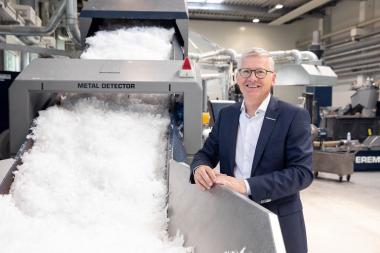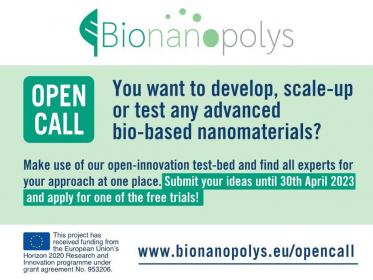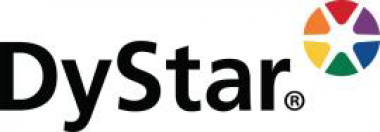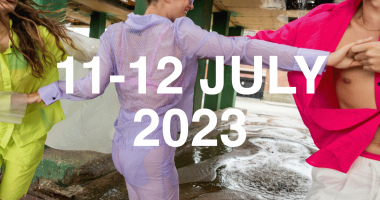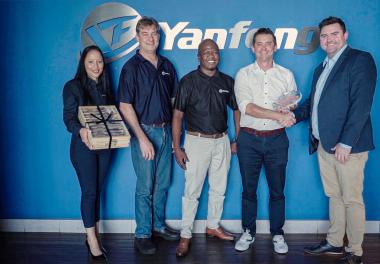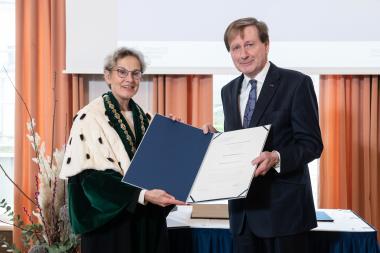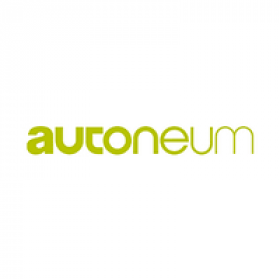EREMA Group ends financial year 2022/23
Around EUR 355 million in overall turnover, 350 extruders delivered creating an additional recycling capacity for 1.6 million tons of recycled pellets as a result - these are the figures with which the EREMA Group was able to close the 2022/23 financial year in March.
"With demand for recycled plastics remaining high, the past financial year brought many challenges that we needed to handle," says Manfred Hackl, CEO of EREMA Group GmbH. The challenges included persistent delays in the supply chain and unexpected supplier outages. Logistics and production processes had to be adapted several times as a result. The situation has improved significantly meantime as a result of these measures and more stable supply chains.
The production locations in Austria manufactured 270 extruders and delivered them to customers around the globe. Taking the whole group into consideration, this figure rises to 350 including the extruders from PLASMAC, the Italian subsidiary. The recycled pellet production capacity of all extrusion systems delivered in financial year 2022/23 adds up to around 1.6 million tonnes per year. On top of that there are around 130 additional components and modules such as filter systems and ReFresher anti-odour units.
Recycling innovations for high-quality pellets
K 2022 - the highlight trade fair of the past financial year - saw the EREMA Group launch seven
new recycling systems and components. These included the new INTAREMA® TVEplus® DuaFil® Compact recycling system and the EcoGentle® plasticising unit, which was also newly developed. Thanks to their gentle polymer treatment and significantly lower melt temperature, both extrusion innovations deliver effective advantages in terms of the quality of the melt, recycled pellets, and final product, as well as impressive energy efficiency in post consumer and PET recycling applications. The significance of these innovations for plastics recycling is underlined by the nomination of the DuaFil® Compact technology for one of this year's Plastics Recycling Awards Europe in the category Recycling Machinery Innovation of the Year.
The same applies to the READYMAC 1109 TVE machine made to stock by EREMA Group subsidiary UMAC, as well as to the new ALPHA XS edge trim recycling machine for the inhouse recycling segment made by PLASMAC. The market launch of the deinking system presented at K 2022 by the EREMA Group company KEYCYCLE delivering a throughput of 1,200 kilograms per hour has been a success, as has the commissioning of a further unit sold to a film manufacturer.
40 years of EREMA
The beginning of the new financial year falls almost to the day on EREMA's 40th anniversary. On 14 April 1983, Helmut Bacher, Helmuth Schulz and Georg Wendelin founded EREMA Engineering Recycling Maschinen und Anlagen GesmbH, laying the foundation for the 40-year success story. In celebration, the comapny will hold the event EREMA Discovery Day at the company headquarters on the 1st of June. This event with live insights into the latest post consumer and PET recycling technologies will also see the official opening of the newly built research and development centre.
EREMA Group GmbH


